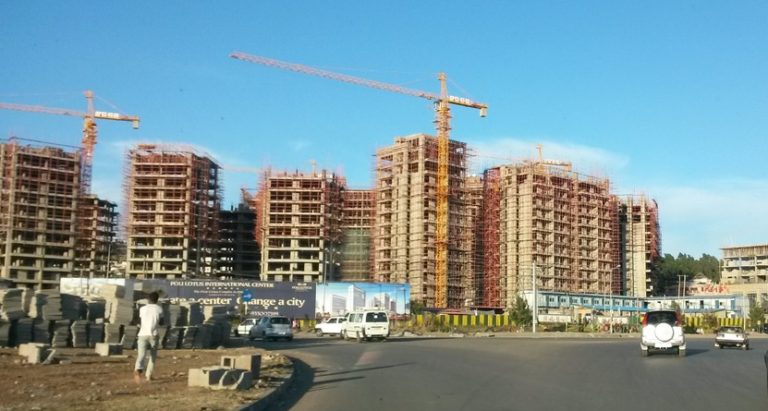
Ethiopia is undergoing a significant transformation, driven by ambitious infrastructure and energy projects that aim to bolster its economic standing both regionally and globally. These mega projects are not only reshaping the nation’s landscape but also positioning Ethiopia as a key player in East Africa’s development.
Grand Ethiopian Renaissance Dam (GERD): A Powerhouse for the Nation
The GERD, located on the Blue Nile River, is Africa’s largest hydroelectric dam, with a capacity of 6,450 MW. Completed in 2024, it aims to alleviate Ethiopia’s energy shortages and provide surplus electricity for export to neighboring countries, including Sudan and Djibouti. The project has faced regional tensions, particularly with Egypt, due to concerns over Nile water rights.
Addis Ababa–Djibouti Railway: Enhancing Regional Connectivity
The Addis Ababa–Djibouti Railway, operational since 2018, connects Ethiopia’s capital to the Port of Djibouti, facilitating efficient trade routes for the landlocked nation. This 759 km electrified line is pivotal for Ethiopia’s import and export activities, accounting for over 95% of its trade
Clean Energy Initiatives: A $40 Billion Investment
Ethiopia is investing $40 billion over ten years in 71 renewable energy projects, including hydroelectric, wind, solar, and geothermal plants. This initiative aims to double the nation’s energy capacity and position Ethiopia as a leading exporter of green electricity in East Africa
Urban Redevelopment: Transforming Addis Ababa
Under the leadership of Mayor Adanech Abebe, Addis Ababa is undergoing a modernization campaign involving the demolition of informal settlements and the construction of low-cost housing and green spaces. While the initiative aims to enhance the city’s infrastructure and attract foreign investment, it has faced criticism for displacing residents without adequate compensation
World Bank Support: Strengthening Infrastructure
In 2024, the World Bank approved a $1.72 billion loan to Ethiopia, with $523 million allocated for expanding the electricity network and boosting renewable energy. The remaining funds will support improvements in water supply and rural road networks, aiming to enhance food market access and support disadvantaged youths in urban areas. Ethiopia’s mega projects are instrumental in driving its economic development, enhancing regional integration, and positioning the country as a leader in sustainable energy. While challenges remain, particularly concerning displacement and regional tensions, the nation’s commitment to infrastructure development underscores its aspirations for a prosperous future.

